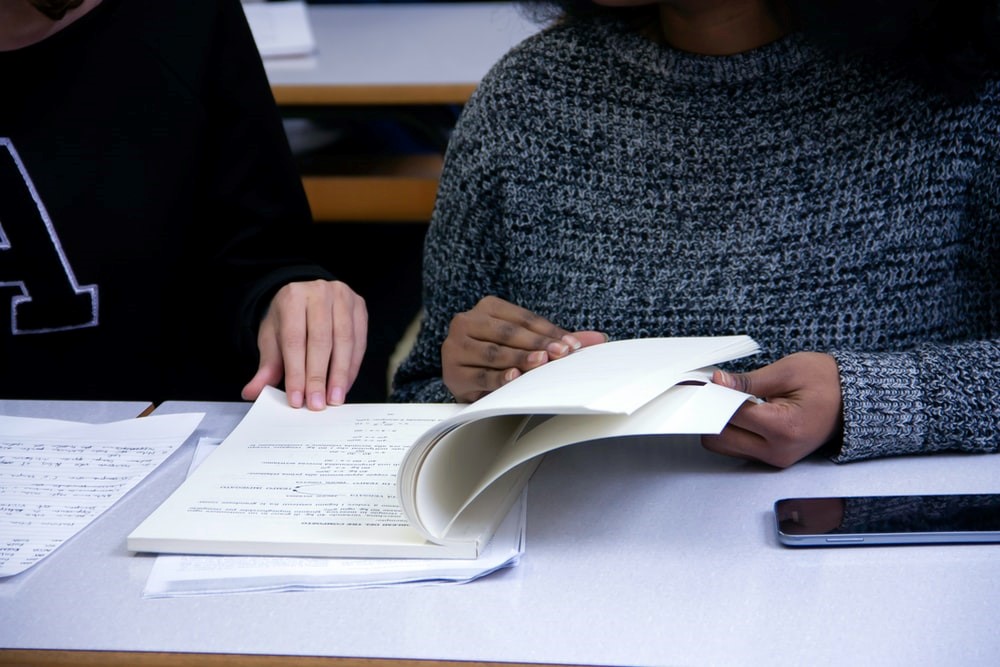Knowing how to prepare for exams is fundamental to getting good results in your studies and overcoming the various difficulties that arise during the school year. Preparing for the exam should be approached with full responsibility and diligence, because only with constant progress will you reach the level of knowledge you need for the exam.
Would you like to know the best study tips and techniques for exam success? Stay and read this article, we will show you the best academic test-taking tips. Don’t miss out!
Make good planning
Organization and planning are two key elements when preparing for an exam. It is important that from the very beginning of the school year, you make proper planning for the different subjects that exist, as this is the only way you can gradually expand your knowledge, more calmly and efficiently. If you don’t have enough time to do assignments like writing essays and term papers, a proven essay writing service can do it for you.
With good organization, you will avoid the typical worry of not having enough time to study the entire syllabus. You won’t have the stress of coming to the exam with a half-learned lesson, which means you’ll have a good chance of passing the test.
Study in the right place
When studying, you should choose a place that allows you to get the most out of your work. Choose a room with a suitable temperature where there is not a strong sense of heat, as this will cause drowsiness. It should also be a place away from the noise so that you can concentrate as much as possible.
Also, try to change your place of work during the week, this will allow you to wake up your brain and be much more active. This will also increase your motivation and engagement in your studies.
Avoid distractions
When it comes time to start studying, it’s important to stay away from anything that can distract you or negatively affect your concentration.
Currently, one of the biggest distractions for students is the use of cell phones. These devices should be kept away from your desk, in your backpack, and in silent mode. Just having a smartphone in sight reduces your ability to concentrate and increases the likelihood that you will use it often.
Take breaks
Taking breaks between classes is essential to clear your mind, consolidate your knowledge, and increase your productivity. It is recommended that you take 10 minutes off every hour of class. Take the opportunity to leave the study area, grab a bite to eat, and socialize with colleagues.
After you finish your studies, get some exercise. You will stimulate your brain, reduce anxiety, and feel rested after a hard day’s work.
Mock exams and practice exercises
One of the most useful methods of preparing for an exam is self-assessment. This technique will help you consolidate and reinforce your knowledge, identify areas where you need to strengthen your study and gain greater confidence on exam day.
To do this, think about what type of questions might appear on the exam, review the exercises that your instructors have sent you throughout the course, review the work you have done, etc.
Sleep and maintaining a healthy lifestyle
It’s important to maintain mental and physical health in college. The amount of sleep you get as well as your nutrition also affect how well you prepare for the exam.
It is important that you get enough sleep both the night before the exam and on your study days. Try to get at least seven to eight hours of sleep per night. Your performance depends to a large extent on your sleep.
Similarly, you should eat right so that you have enough energy to study during the day. Remember to include carbohydrates in your diet and eat nuts and dried fruit.
Reviewing What You’ve Learned
Reviewing the material, you’ve learned is necessary to make sure you understand it perfectly and solidify it in your memory.
If we don’t take the time to review, we may forget important information about the subject matter. That is why it is crucial to review the subjects we have studied to retain the knowledge in the long run.
What do you think of these tips on how to prepare for the exam, and do you know of any other methods that have helped you? Leave them in the comments, we look forward to hearing from you.
